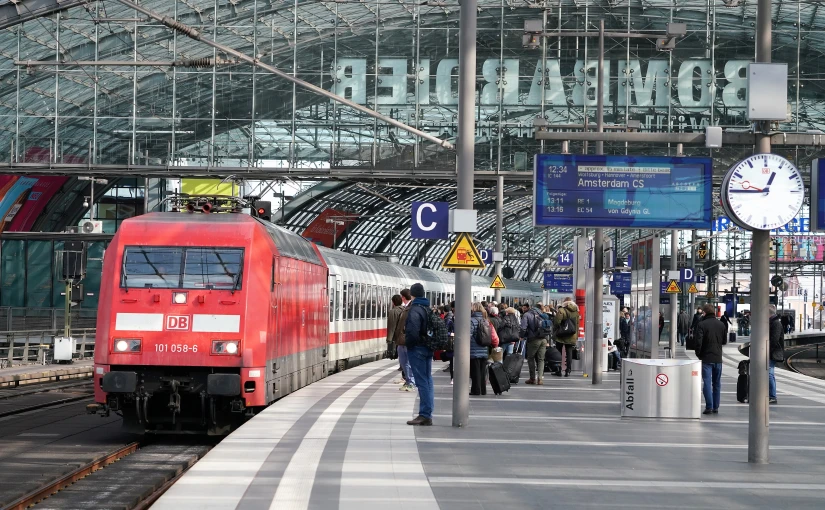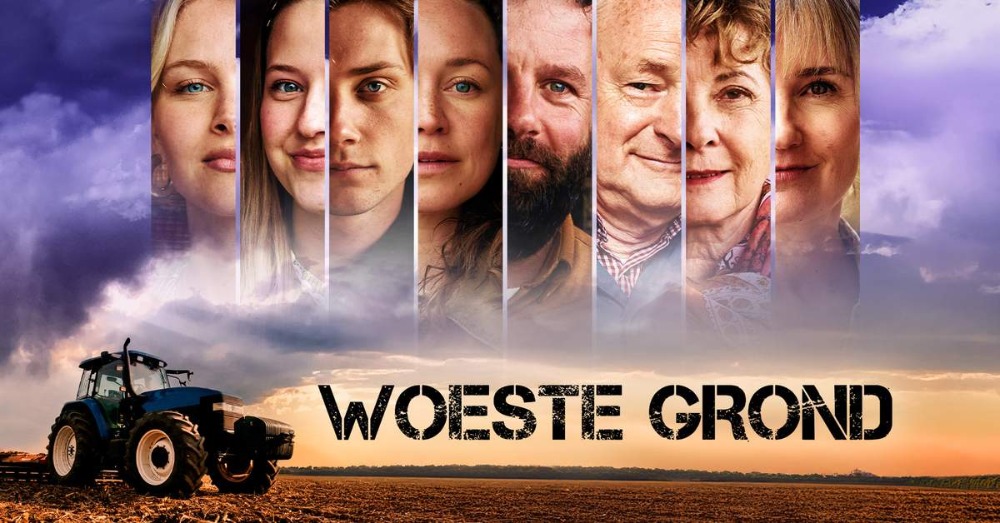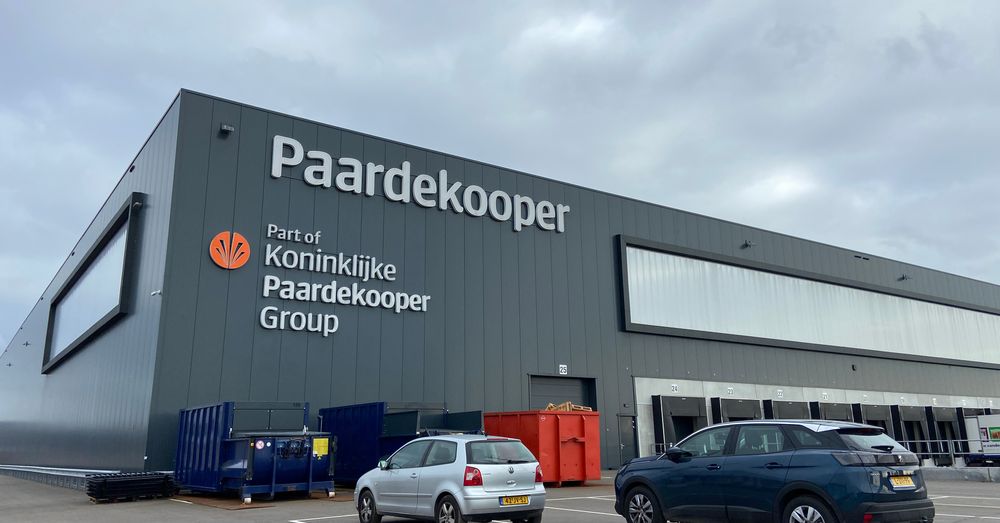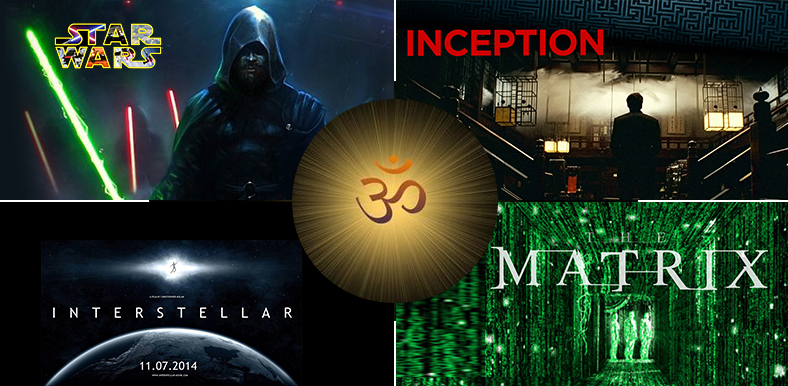
From Netherlands Seasons to Aztec Philosophy and Eternal Human Beliefs.
The Netherlands' four seasons—spring, summer, autumn, and winter—highlight nature’s eternal cycles of change and renewal. Cultures like the Aztecs viewed life as continuous movement, symbolized by volcanoes and cycles of growth. Humanity’s beliefs about life, death, and faith evolve over time, reflecting nature's timeless rhythm of coming and going.

How Media Manipulation Redefines Reality, Truth, and Human Freedom Worldwide
This thought-provoking essay explores how movies like The Matrix, Capricorn One, and Avatar mirror today’s blurred line between truth and illusion. It questions media manipulation, AI deepfakes, and political narratives between East and West, asking whether our reality is shaped by truth—or by the powerful images and stories we’re made to believe.

From Fear to Awareness: How Emotional Intelligence and Communication Foster Sustainable Human-Wildlife Coexistence in a Changing Climate
Amid rising debates on biodiversity and human-wildlife coexistence, an elderly woman’s fear of a nearby wolf in a Dutch forest reveals the emotional side of sustainability. As climate awareness and conservation grow, communication, empathy, and community dialogue become vital tools for managing fear, promoting coexistence, and shaping a balanced, greener future for people and nature.

Drones Above European Airports: Russia Probes, NATO Weakness, Ukraine-Gaza Wars Spark Security Alarm
Unidentified drones over European airports spark fears amid wars in Ukraine and Gaza. Is Russia behind them, or a new commercial ploy? Europe’s security at risk.

Europe’s Rail Privatization Dilemma: Deutsche Bahn, Dutch NS, and the Hidden Costs of Reform
The financial struggles of Deutsche Bahn and Dutch NS highlight Europe’s ongoing railway privatization debate. Can ticket revenues cover infrastructure costs, or do subsidies always return? From state-owned companies like PTT and Postbank to today’s rail networks, Germany and the Netherlands face the same challenge: hidden costs, maintenance backlogs, and government guarantee undermining true transport reform.

Dutch Society, Aging & Family Responsibility: Does TV Drama Woeste Grond Reflect Reality?
Explore the cultural gap in the Netherlands between traditional and modern views on aging. Does the subsidized TV series Woeste Grond accurately reflect Dutch government policy and the changing role of the elderly in family life?

World War 3 Predictions: NATO, Europe, Russia, Nostradamus, Bible Prophecies, and Global Conflict in 2025
World War 3 predictions are circulating worldwide, with global leaders and NATO on high alert. As Russia escalates tensions, Europe ...

Paardekooper Packaging Company Declared Bankrupt Amid Financial Mismanagement, Rising Costs, Market Competition, and Economic Uncertainty
Royal packaging company Paardekooper, active in sustainable packaging and global supply, has been declared bankrupt. Despite growth and innovation in circular packaging, financial mismanagement, rising costs, and market pressure led to its collapse. With branches across the Netherlands and clients in over 75 countries, this bankruptcy raises questions about economic uncertainty and the future of the packaging industry.

Is Life an Illusion? Jung, Dreams, The Matrix & the Nature of Reality
Is life just a dream, a simulation, or a deeper reality we can barely comprehend? Drawing from Carl Jung's visions, The Matrix, and ancient Indian philosophy, this article explores the nature of consciousness, dreams, and destiny. Are we truly awake—or watching a movie of our lives unfold? Discover the blurred lines between reality and illusion.

Is Cultured Meat Necessary? What Christ, the Bible, and Science Say About Meat, Health, and Ethics
One of the things that has been occupying me lately is whether it is really necessary to develop cultured meat ...




